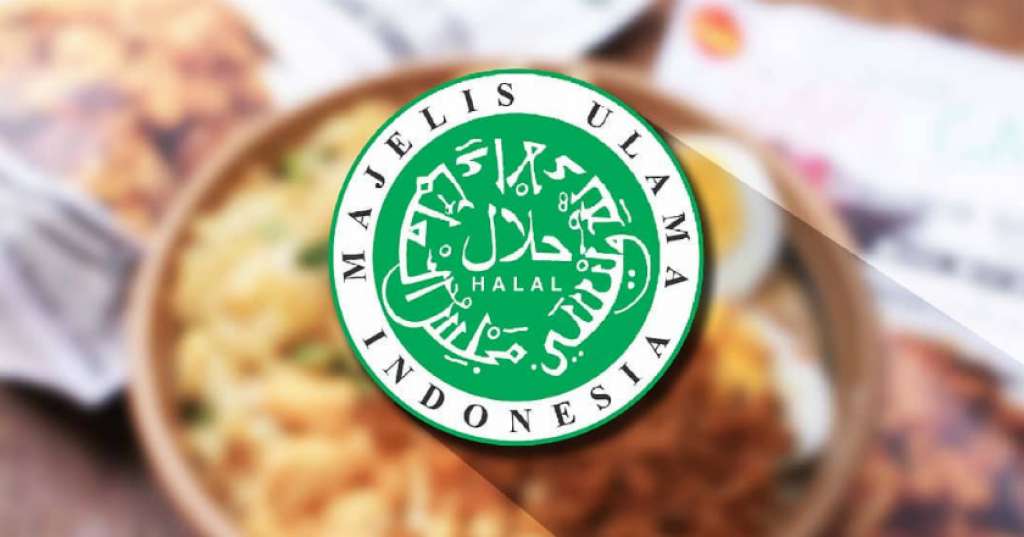The trend of the halal industry is one of the main topics of conversation in the international business world today. The sale and purchase of halal products reached $ 254 billion and boosted the economy by 1-3% of GDP (Gross Domestic Product) in OIC countries. According to the 2019/2020 Global Islamic Economy Report, Indonesia is in the 5th rank of the halal industry development. As we all know that Indonesia is one of the countries with the largest Muslim population. Thus, it can be a challenge for Indonesia to develop quality and quantity in the industry.
Islam has arranged the lives of its people, not only about worship but includes all parts of life. Halal is an Arabic word that translates to “permissible or lawful.” Consumption is one of the pillars in Islamic economics, which must be under the concept of halal. It is explained in the Qur’an in Surah Al Baqarah, verse 168, ” O mankind! Eat of that which is lawful and wholesome in the earth “. There are three aspects of halal: not containing haram elements, providing positive benefits, and not hurting body and soul.
Analytic Network Process (ANP) is a qualitative analysis technique that results in making a decision. According to Ascarya (2015), ANP research selects people who are competent in their field. Thus, they will give the best results in their research problems.
Halal industry development in Indonesia will focus on five aspects of halal. The first aspect is the policy consisting of Halal Product Guarantee (JPH) implementation which is still not finished. There is still a lack of certification and standardization of halal products, and there is still no roadmap in Halal industry development. Furthermore, the second aspect is human resources, which consists of many producers who ignore halal products and still lack of knowledge of halal products for small business actors. The third aspect is infrastructure, especially the lack of coordination of the institutions that handle this aspect. The fourth aspect is socialization consists of a lack of promotion about halal and socialization, education, and information about halal products. The fifth aspect is production, there are still several sectors that depend on imports, and there is no standard definition of halal products.
ANP analysis results show that the main problem in the halal industry development is the aspect of human resources because it provides a better perception and understanding of the market. Apart from human resources, the next constraints are infrastructure and production. Infrastructure is an obstacle in halal industry development, and the barriers relate to the implementation of JPH, such as regulations, systems, procedures, and the number of halal guarantee institutions. The next priority is policy and outreach. Furthermore, the formulation of strategies in the halal industry development is based on the mapping of obstacles that have been carried out. This strategy is called Halal Industry Integration Strategy, which has the aim of maximizing the role of every economic actor. The economic player includes the government, consumers, investors, and industry.
Halal Industry Integration Strategy includes two things. First, examining factors that can increase the preference of companies or producers in the halal industry to obtain halal certification. It can be driven by demand in the market, especially in Indonesia, where the majority of Muslims tend to think that all products in circulation are halal products. Therefore, checking the halal label on a product to be consumed has not become a priority. Second, analyzing the role of each actor in the halal industry. The government can maximize in formulating regulations in halal certification to maintain halal certification. Muhamed, NA, et. Al. (2014) explained that industrial collaboration could lead to a unified system that can support each other, and investors have a role in channeling long-term funds to other halal industries.
Lastly, the role of industry. The lack of involvement of Muslims in the industry can reduce the country’s image as a country that has great potential to become a significant player in the halal industry, especially in the long term. Muslim workers and producers are expected to have a deeper understanding of halal practices, as well as Islamic legal and ethical standards. It can encourage a growing number of products and companies seeking to obtain halal certification.
Author: Tika Widiastuti
Link: https://giapjournals.com/hssr/article/view/2906
(Obstacles and Strategies in Developing Halal Industry: Evidence From Indonesia)





